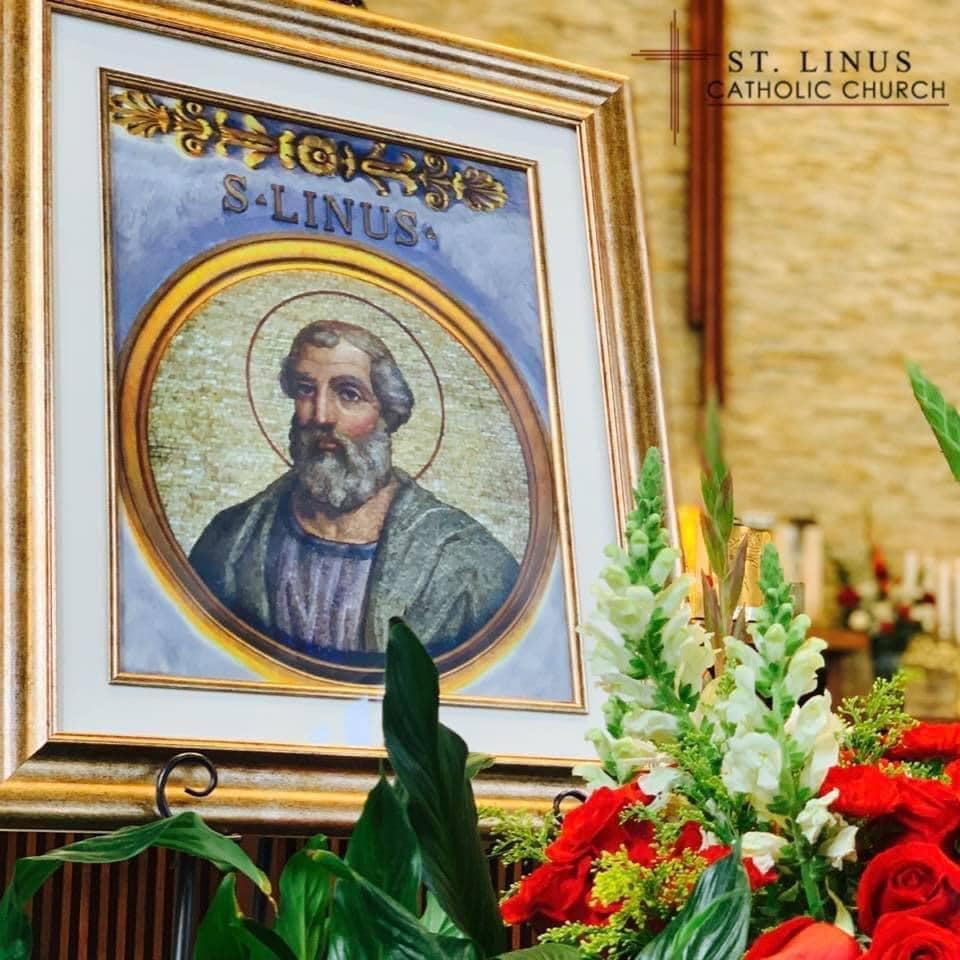Jose Mario O. Mandia
Let me point out two more instances of Peter’s primacy over the other apostles. Chapter 12 of the Acts of the Apostles tells us how Herod, after executing John’s brother James, arrested Peter (verses 1-3), “but earnest prayer for him was made to God by the church” (v 5). Peter was released by an angel, and when he visited those who were praying for him, he gave them instructions to tell the other disciples that he had been freed (cf Acts 12:17).
Chapter 15 of the Acts also shows the authority that Peter enjoyed. A discussion arose about whether the non-Jews who became Christians should be circumcised in order to be saved. “And after there had been much debate, Peter rose” (v 7) and explained that it was not necessary to impose this burden on the Gentile converts (cf v 10). How did his listeners react? “And all the assembly kept silence….” (v 12). Once Peter had spoken, the issue was considered resolved, and the assembly moved on to speak of other matters.
But what happened after Peter died? Jesus had assured the apostles of his constant presence: “I am with you always, to the close of the age” (Matthew 28:20) and the permanent assistance of the Holy Spirit: “And I will pray the Father, and he will give you another Counselor, to be with you for ever” (Jn 14:16). Do we have any records to show that there were successors to Peter’s primacy? Yes, we do have documents from the early years of Christianity that record this fact.
St Irenaeus, Bishop of Lyons (ca 130/140-203 A.D.), in his work Adversus Haereses (Book III, 3, 3) tells us about Peter’s successors up to the year 180 A.D. “The blessed Apostles, having founded and built up the Church, committed into the hands of Linus the office of the episcopate…to him succeeded Anacletus [also called Cletus], and after him in the third place, Clement was allotted the bishopric…to this Clement there succeeded Evaristus. Alexander followed Evaristus. Then sixth from the Apostles Sixtus was appointed; after him Telesphorus who was gloriously martyred; then Hyginus, after him Pius, then after him Anicetus, Soter having succeeded Anicetus, Eleutherius does now in the twelfth place from the Apostles, hold the inheritance of the episcopate. In this order and by this succession the ecclesiastical tradition from the Apostles and the preaching of the truth has come down to us.”
St Optatus, Bishop of Milevis in Africa (died around 385 AD), in his work De Schismate Donatistarum (Book II, 1-3) extends the list of the Popes to the year 366 A.D. “You cannot deny that you know that the episcopal Chair was first assigned to Peter, in the city of Rome, in which sat Peter, the head of all the Apostles. Peter, therefore, first filled that pre-eminent Chair, which is the first of the marks of the Church; Linus succeeded Peter, Clement succeeded Linus (then these succeeded each other in the following order): Anacletus, Evaristus, Alexander, Sixtus, Telesphorus, Hyginus, Anicetus, Pius, Soter, Eleutherius, Victor, Zepherinus, Callixtus, Urbanus, Pontianus, Anterus, Fabianus, Cornelius, Lucius, Stephanus, Sixtus, Dionysius, Felix, Eutychianus, Caius, Marcellinus, Marcellus, Eusebius, Miltiades, Sylvester, Marcus, Julius, Liberius, Damasus. The successor of Damasus was Siricius, who is now our fellow bishop and with whom the whole world, together with us, is in agreement in one fellowship of communion by mutual exchange of formal correspondence.”
St Augustine (354-430 A.D.) (Ep. 53 ad Generosum) would add the name of Anastasius after Siricius, updating the list to 400 A.D.
It is worth nothing that all the Popes in the above list, with the exception of Pope Liberius, are all canonized saints.
Anyone wishing to see the complete list of Popes up to Pope Francis, the 265th successor of Peter (i.e., the 266th Pope) can look up the official Vatican website.


 Follow
Follow


